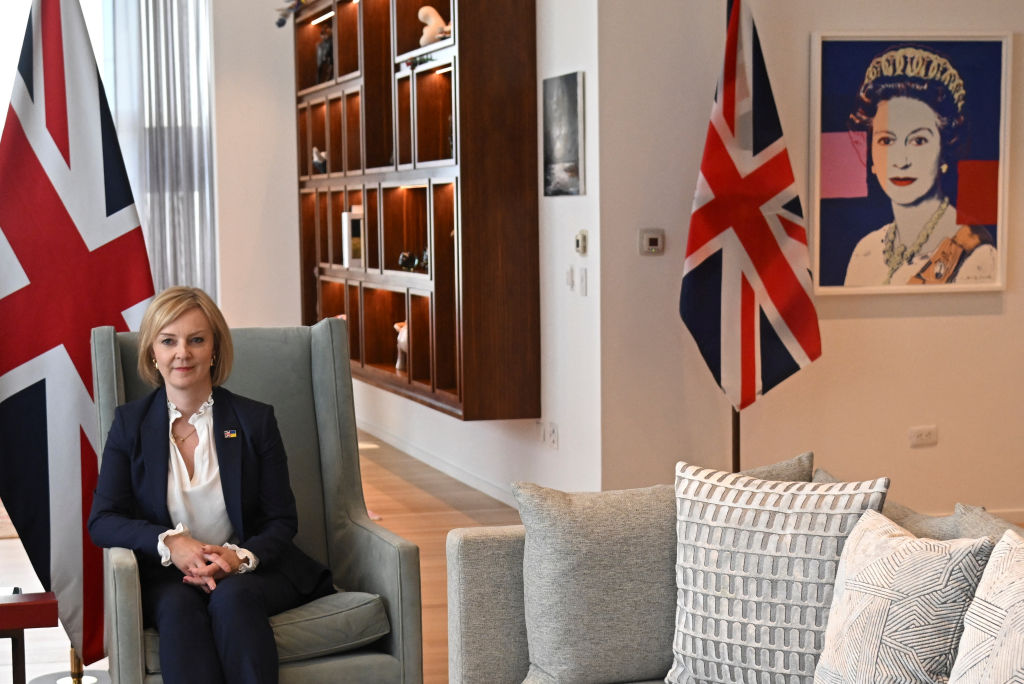From Thatcher to Truss: stop equating female leaders with feminist leaders

In Liz Truss, we now have our third female prime minister and our second in a decade – a laudable achievement. It is a sign of progress and of a political culture which has enabled talented women to lead major parties and hold nearly all the high offices of state.
But it is important not to confuse a female body for a feminist mind. Despite famously being our first female prime minister, Margaret Thatcher has a complicated feminist legacy. Thatcher’s contribution to feminism remains mostly symbolic: she normalised female success by proving that a woman could be prime minister.
As leader, she promised “if you want something done ask a woman”, and yet Thatcher did not see it as part of her agenda to boost female representation or participation. Indeed her cabinets were almost entirely male and she did little to help other women into politics – she climbed the ladder then pulled it away. Theresa May by contrast, has continued to work to increase female representation even after leaving No10.
But this should not be the full extent of feminism from our leaders. While representation of women in politics is important, it’s also about what they do with this power.
Indifference towards feminism from female leaders, while not necessarily hostile, often translates as deliberate de-prioritisation of problems that are unique towards or disproportionately affect women. Feminism in politics is not just about women being in politics but about recognising the differential impacts of policy on women.
Indeed it is a curious phenomenon that the same party proud of their three female prime ministers, created a Women and Equalities Secretary of State – but as a second ministerial role. The position is now occupied by a man, Nadhim Zahawi, with the word “women” eliminated from the title.
Liz Truss herself held this role from 2019, in addition to her other ministerial jobs. As a result, she was often accused of treating it as her “side hustle” and not taking it particularly seriously. This is evidenced by her mysterious failure to attend committee hearings – booked months in advance – because she had prioritised other work. Other times, it often became a mouthpiece for somewhat irrelevant culture war debates.
And so this ambivalence to feminism has significant policy implications, implications all the more painful during a cost of living crisis. Women in particular come to this crisis much less financially resilient – they earn less and save less because they have less time to participate in the paid labour market. While the gender pay gap has gained some attention in recent years, its causes remain unaddressed, and its impact incredibly tangible.
Of the economically inactive population who want a job, 33.2 per cent of women declare to be looking after their family or home, versus 9.1 per cent for men. Full time childcare for two year old or younger children absorbs nearly half of the median earnings for women in full time employment, and two thirds for those in part time.
All the while, monthly rent costs 52 per cent of average earnings for women, and only 36 per cent for men. Hence it would be almost impossible for a single female parent to pay for private rent and childcare, according to the Women’s Budget Group.
And this is just the financials: right now, even the basics like food and safety are worse for women. Food insecurity is particularly bad for lone mothers, who make up 85 per cent of the single parent population. The Food Standards Agency found that 49 per cent of lone parents declared to have cut down the size of the meals or skipped meals because they did not have enough food.
In terms of safety, 73 per cent of Women’s Aid June 2022 survey participants said that rises in the cost of living mean it has been harder for sufferers of domestic abuse to leave, or they have been unable to at all.
Friday’s fiscal event will be the first test of Liz Truss’s priorities in government. Solutions aware of this imbalance should, hopefully, be forthcoming.
But perhaps we shouldn’t hold our breath. It is hard to square many of the reforms needed with Truss’s historic indifference to feminism, a deeply held aim of reducing the size of the state and a welfare state built on tax cuts. Ultimately there needs to be a renewed and refined focus on the cause of women’s vulnerability, not the symptoms of it, for this crisis and for future ones.
For many people, being a female leader instinctively should not be about feminism, it should be about leadership. But it can – and arguably needs to be – about both. Like many other values, equality requires consistent, concerted effort and is something that should be repeatedly defended.
